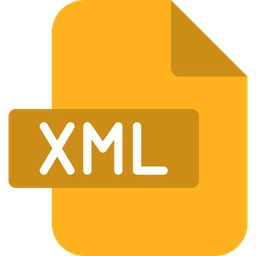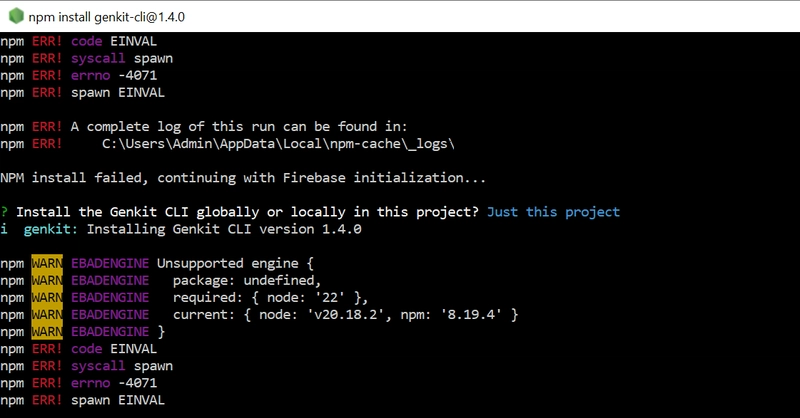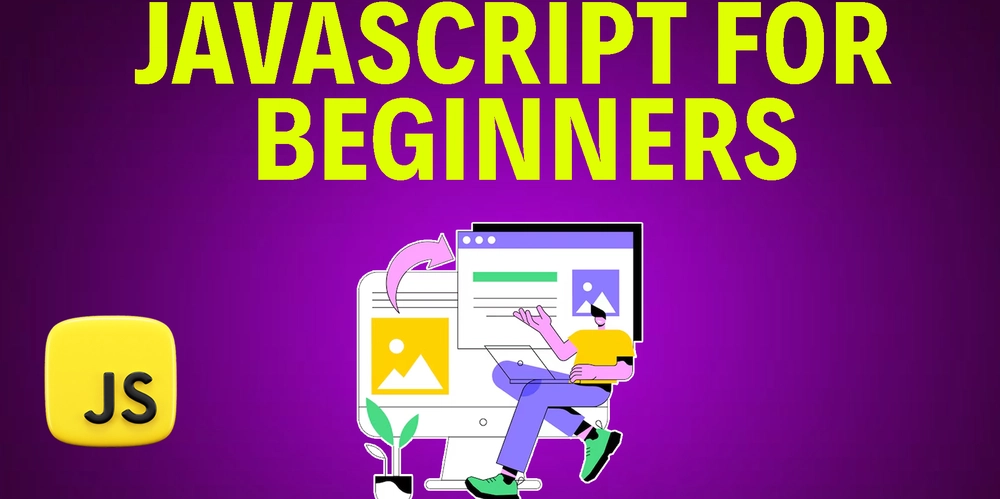Understanding XML Messages
"Fun times with elements and attributes" - Rowan van Vuuren This post was written as part of the Learn Markdown course by Dylan Israel on Coursera Basic Overview When working with data interchange formats, XML (eXtensible Markup Language) remains a pivotal choice due to its versatility and readability. Whether you're developing websites web applications, handling configuration files, or integrating with various APIs, having a solid comprehension of XML messages is essential. Key Points Below are the key takeaways points to be aware of when working with XML. Structured Hierarchy: XML organizes data in a tree-like structure, making it easy to nest and categorize information. Self-descriptive: Elements in XML contain both data and metadata, allowing users to understand the context of the information. Cross-platform Compatibility: XML can be processed by various systems and languages, ensuring broad interpretation. Human-readable Format: The clear syntax of XML makes it relatively easy to read and understand. Example XML The sample XML request message below showcases the use of Elements and Attributes. To make viewing XML messages easier we use Notepad++ with the XML Language addon enabled. About Me My name is Rowan van Vuuren and I currently work within the Products and Infrastructure department for a South African based hospitality software company (HTI). In my free time I enjoy playing Fantasy Premier League and my strategy involves using a mix data, stats and the old 'eye test' during the football matches! You can find out more by clicking the image below:

"Fun times with elements and attributes" - Rowan van Vuuren
This post was written as part of the Learn Markdown course by Dylan Israel on Coursera
Basic Overview
When working with data interchange formats, XML (eXtensible Markup Language) remains a pivotal choice due to its versatility and readability. Whether you're developing websites web applications, handling configuration files, or integrating with various APIs, having a solid comprehension of XML messages is essential.
Key Points
Below are the key takeaways points to be aware of when working with XML.
- Structured Hierarchy: XML organizes data in a tree-like structure, making it easy to nest and categorize information.
- Self-descriptive: Elements in XML contain both data and metadata, allowing users to understand the context of the information.
- Cross-platform Compatibility: XML can be processed by various systems and languages, ensuring broad interpretation.
- Human-readable Format: The clear syntax of XML makes it relatively easy to read and understand.
Example XML
The sample XML request message below showcases the use of Elements and Attributes. To make viewing XML messages easier we use Notepad++ with the XML Language addon enabled.
About Me
My name is Rowan van Vuuren and I currently work within the Products and Infrastructure department for a South African based hospitality software company (HTI).
In my free time I enjoy playing Fantasy Premier League and my strategy involves using a mix data, stats and the old 'eye test' during the football matches! You can find out more by clicking the image below:




















































%20Abstract%20Background%20112024%20SOURCE%20Amazon.jpg)






















































































































![[The AI Show Episode 142]: ChatGPT’s New Image Generator, Studio Ghibli Craze and Backlash, Gemini 2.5, OpenAI Academy, 4o Updates, Vibe Marketing & xAI Acquires X](https://www.marketingaiinstitute.com/hubfs/ep%20142%20cover.png)
























































































































































































































































-Nintendo-Switch-2-–-Overview-trailer-00-00-10.png?width=1920&height=1920&fit=bounds&quality=80&format=jpg&auto=webp#)





















_Anna_Berkut_Alamy.jpg?#)













































































































![YouTube Announces New Creation Tools for Shorts [Video]](https://www.iclarified.com/images/news/96923/96923/96923-640.jpg)





































































![[Weekly funding roundup March 29-April 4] Steady-state VC inflow pre-empts Trump tariff impact](https://images.yourstory.com/cs/2/220356402d6d11e9aa979329348d4c3e/WeeklyFundingRoundupNewLogo1-1739546168054.jpg)































































